Frustration has been building in communities across the North Coast 500 route as tourists continue to bring litter, human waste and traffic problems to the region – but what is the solution?
Some people want bylaws and camping restrictions, others worry this will be off-putting to potential visitors and would harm businesses.
The real worry for locals, however, is that no one is taking their problems seriously.
We put four of their biggest queries to politicians in the region to find out exactly what they think about the issues facing residents — and their opinions on what, if anything, should be done to address them.
Here are the five party representatives we questioned:
Check out the four questions, the responses – and potential solutions – below.
What are the two biggest issues you are aware of on the NC500 route?
Jamie Stone – Lib Dem
“The state of the roads is by far the biggest complaint I hear when visiting communities on the NC500 route, both in terms of surface damage and also the volume of traffic that builds up in peak season.
“Dirty camping also remains a real issue, with many people paying little heed to their environmental responsibilities. I will pay particular tribute to the Highland Council’s seasonal outdoor access rangers who have been out and about across the region this summer, engaging with visitors and making sure they understand their responsibilities.”
Ariane Burgess – Green
“Earlier this year the NC500 was dubbed the ‘most dangerous road in Britain‘, with data from 2016-2020 showing an accident occurring on average every two miles. The number and size of vehicles parking is putting pressure on key sites.
“Constituents have also raised concerns about managing the quantity of waste along the route. The burden of dealing with it often falls on community volunteers, the local council and charities.”
Rhoda Grant – Labour
“Roads and infrastructure. There are still long stretches of the route that are single track, yet some treat it like a Formula 1 track. These visitors need to be discouraged, it is not a race track but a part of the country with fragile communities.
“There also appears to be a lack of understanding around pulling into laybys to allow others to pass. This leads to frustration meaning people overtake unsafely.
“We need better infrastructure in every sense of the word. Accommodation, campsites, road upgrades and public toilets all need to be invested in further. People who come to visit and discover they cannot find a place to stay or be able to sit down for a meal form a negative impression of the area.”
Maree Todd – SNP
“The issue that concerns me and my constituents most is the speed of vehicles travelling through rural villages. Whilst we want tourists to enjoy the scenic route, driving the route at speed risks the lives of pedestrians and other road users.
“Another common issue relates to irresponsible parking, where some cars and motorhomes park in scenic spots, causing damage to nature or blocking access. I welcome the Highland Council’s work to address this through improved signage and providing increased parking options for tourists.”
Edward Mountain – Conservative
“The two most important issues are road maintenance and ensuring that the needs of communities along the route are respected.”
Who should be in charge of improvements across the NC500 route going forward?
Jamie Stone – Lib Dem
“The NC500 route has become a national attraction, and so in my view, all levels of government bear a share of responsibility – as well as NC500 Limited itself. The Highland Council and the Scottish Government have already had some involvement, and there are hopes that the UK Government will provide further investment through the Levelling Up fund.
“We all know that we are in tough economic times. Collaboration is the only way we are going to achieve the outcomes local people are looking for – namely, infrastructure improvements and visitor management.”
Ariane Burgess – Green
“The Scottish Green Party supports responsible tourism but those making profits from the routes should be paying their fair share to ensure its impact is managed. Decision-making around improvements must be made in consultation with local communities and the council who are best placed to decide what their communities need.
“Communities on the route benefit from the tourist economy but many of those jobs are low paid and seasonal, meanwhile the traffic and pressure on services can adversely impact other local businesses.”
Rhoda Grant – Labour
“Responsibility for the route from Inverness to Thurso by the A9 falls onto the Scottish Government and the rest falls onto Highland Council. Investment in the route, particularly on Highland Council roads, is required but the problem is that this cost comes out of local services, which are also requiring further support in this cost of living crisis.
“We really need a tourism tax so that those who come and use the route also invest in Council services including the roads. That said the NC500 company must do more to take responsibility to promote sustainable use of the route.
“The Scottish Government should provide investment in public transport and EV charge points to help cut emissions. I recently gave two young women hitchhikers a lift, the campsite they had hoped to stay was full and there was no public transport to an alternative. Perhaps the NC500 company could use some of its profits to run buses round the route – that would benefit tourists and locals alike.”
Maree Todd – SNP
“I believe a collaborative approach is required.
“We know that improvements to local infrastructure are needed to support the number of visitors to the area. Many of these, from better signage to additional toilet facilities, are the responsibility of the Highland Council.
“I think the NC500 Company could play a bigger role to ensure that local businesses are reaping the benefits of the increase in visitors. At the moment, too many of my constituents feel like their communities are being used to generate income for the tourist industry but they get little benefit from it themselves.
“The Scottish Government has a role to play in working alongside agencies and stakeholders to identify solutions. We can see this represented through the Rural Infrastructure Fund for instance, which has been which has been extremely effective in supporting sustainable infrastructure projects along the route. The cludgie in Lochinver is a great example.”
Edward Mountain – Conservative
“This is a difficult question because the NC500 is not just a significant regional tourist attraction, but it also has a national benefit too. I believe the Highland Council should remain responsible for maintaining the non-trunk roads on the route, however, it is clear that they require additional funding from the Scottish Government to achieve this.”
Should local residents be given more of a say on how the route is managed and promoted?
Jamie Stone – Lib Dem
“Hitherto a constructive dialogue between NC500 Limited and local communities has not been a feature of how the company goes about things, so this would certainly be welcome going forward. As the MP for the area, I too would be in favour of ongoing engagement and updates from the folks managing the NC500 brand, as there has not been an open door in recent years.”
Ariane Burgess – Green
“This is a complex conversation for us as we need an inflow of money to provide income for people living here but we also need to be resilient and find ways to ensure the beautiful places where we live aren’t trashed.
“Having driven part of the route through my constituency work, while it’s undeniably beautiful, the strain on the natural environment and local communities is hard to ignore and it’s the people living on the route who will know best how to manage and promote it.”
Rhoda Grant – Labour
“I believe that local people must be consulted and past failures to do this have caused a backlash in many communities. Communities should be encouraged and helped to find solutions to any negative impact the route has.
“For instance, many complaints I’ve heard are regarding the use of the great outdoors as a toilet or to empty chemical toilets. This is a public health hazard, so we need to ensure there are enough facilities locally to prevent this from happening, suggesting people should take their own sewage home with them is simply not feasible. There is a petition to the Scottish Parliament on this issue which I hope helps to find a solution.”
Maree Todd – SNP
“It is absolutely vital that communities are given a voice when it comes to the decisions that impact them. Those of us who live here know just how special this part of Scotland is and we love where we live. Our hospitality is world-renowned and it’s great that people want to visit us.
“But those of us who live along the route are also impacted daily by increased traffic and irresponsible parking. Local residents need to feel the benefits of increasing visitor numbers and be empowered to find solutions to these challenges.”
Edward Mountain – Conservative
“Of course local residents should have input, but each community on the route will have different priorities. That’s why it would be useful to have a centralised forum in which these views can be expressed and considered.”
Should wild camping be regulated on the NC500 route?
Jamie Stone – Lib Dem
“Land access rights in this country have been hard fought, and wild camping is a phenomenal experience that we do not want to deprive people of, but with this great privilege comes significant responsibility.
“Campers who do wish to camp near the NC500 route must give utmost attention to these responsibilities, understand where they can and cannot set up camp, and genuinely leave no trace. To make sure people do this, growing the team of outdoor access rangers who are out and about during the summer months would be a great start.”
Ariane Burgess – Green
“The Scottish Greens have long-supported the right to wild camp but that right comes with responsibilities and it’s clear there are many people who aren’t aware of the Scottish outdoor access code or the impact their actions can have on a delicate eco-system. There needs to be better provision of safe, affordable camping sites and more places where wild campers can deal with waste.”
Rhoda Grant – Labour
“Again it is down to sustainability and sensitive use of our countryside. Many of us have gone wild camping responsibly, leaving nothing but footsteps behind. The lack of local accommodation and facilities often means that those who were not intending to wild camp are often forced to do so. They often lack the knowledge or kit to do this sensitively.
“Again it falls to the NC500 Company to do more to educate those they market to.
“If this unsustainable pressure continues I believe, with a heavy heart, that there will be a need for regulation. This robs us all of a simple pleasure we took for granted, which is especially cherished by those on a limited income.”
Maree Todd – SNP
“Whilst I condemn the irresponsible behaviour of some tourists, I don’t believe regulating wild camping would be a proportionate or fair response. Access rights in Scotland allow us to enjoy the land for recreational and educational purposes, restricting this because of the behaviour of a small minority of tourists risks spoiling the Scottish countryside experience for everyone.
“Education and enforcement should be the key focus; I believe we are already seeing the positive impact of this through the Highland Council’s Access Rangers.”
Edward Mountain – Conservative
“I am a great supporter of wild camping, but in areas of outstanding natural beauty and in our national parks I believe there should be more controls in place. We also need to be clearer that wild camping doesn’t mean campervans parking in gateways or putting up a tent adjacent to a car in a layby.
“That is not the wild camping that was envisioned when the Scottish Outdoor Access Code was introduced nearly twenty years ago. That’s one of the reasons why I continue to campaign for the Access Code to be updated.”
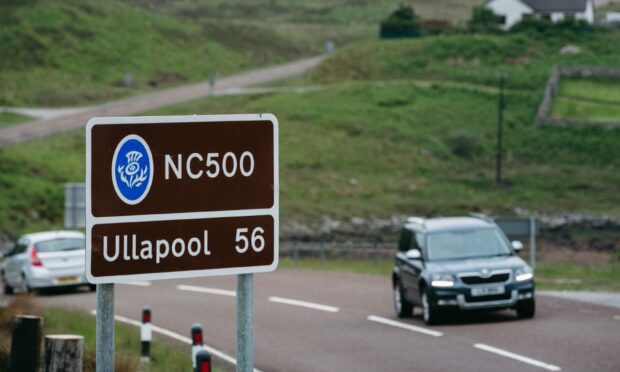
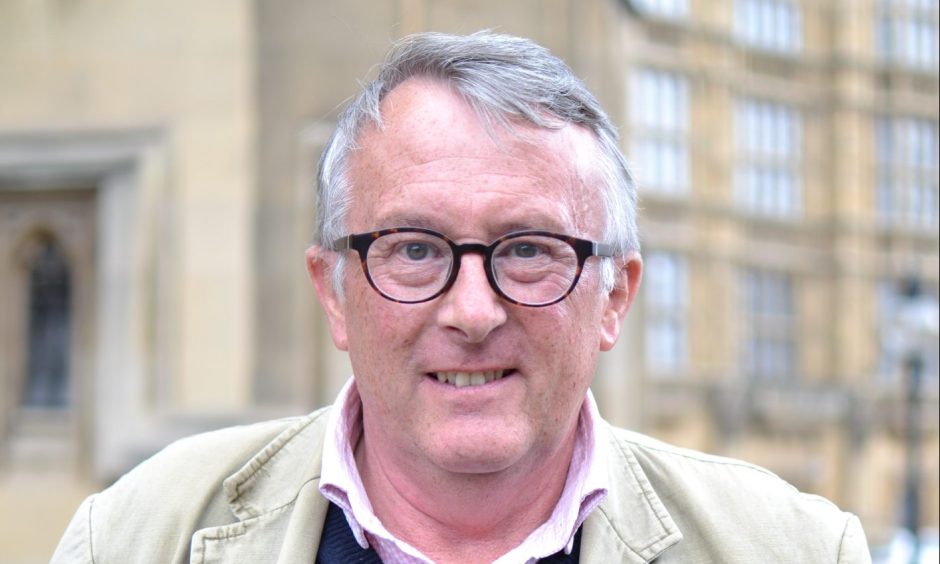
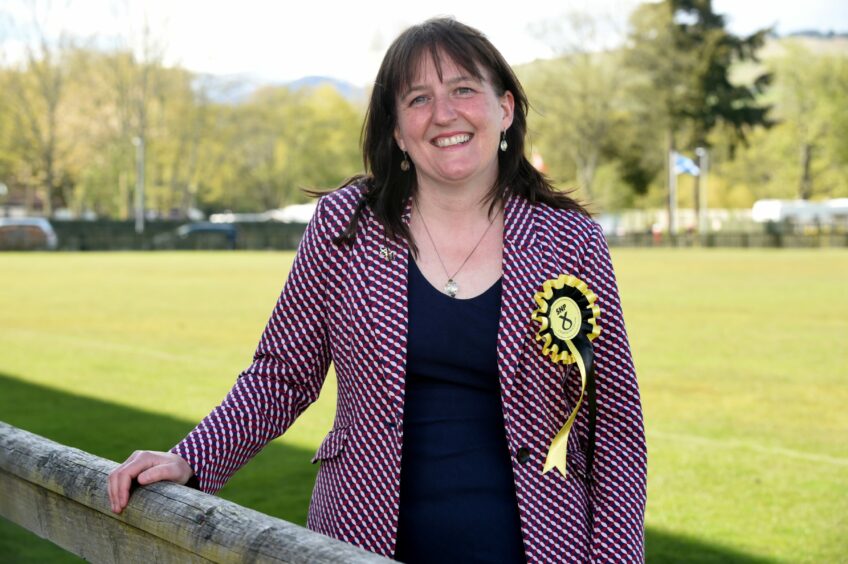
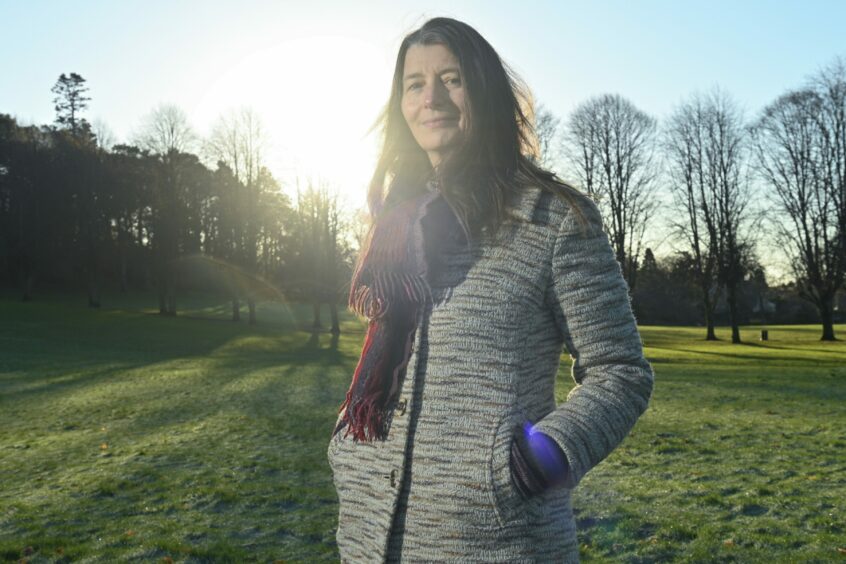
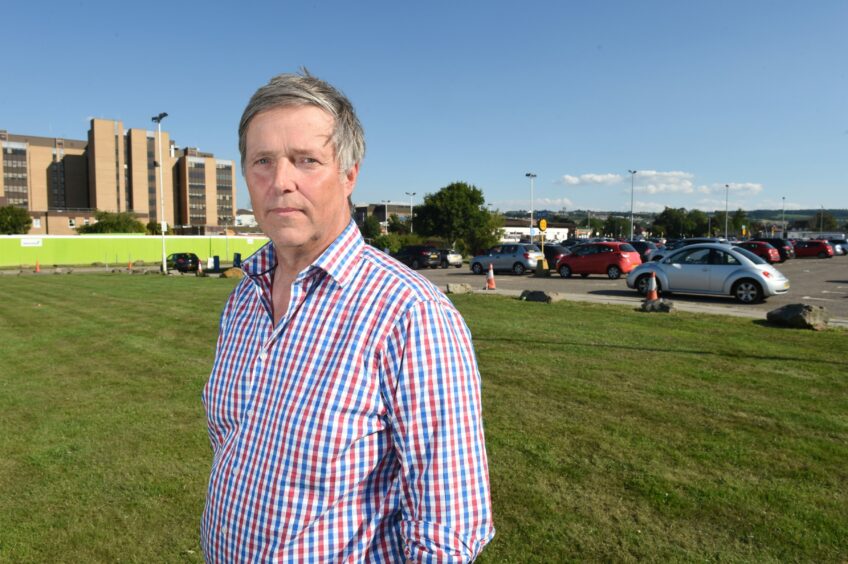
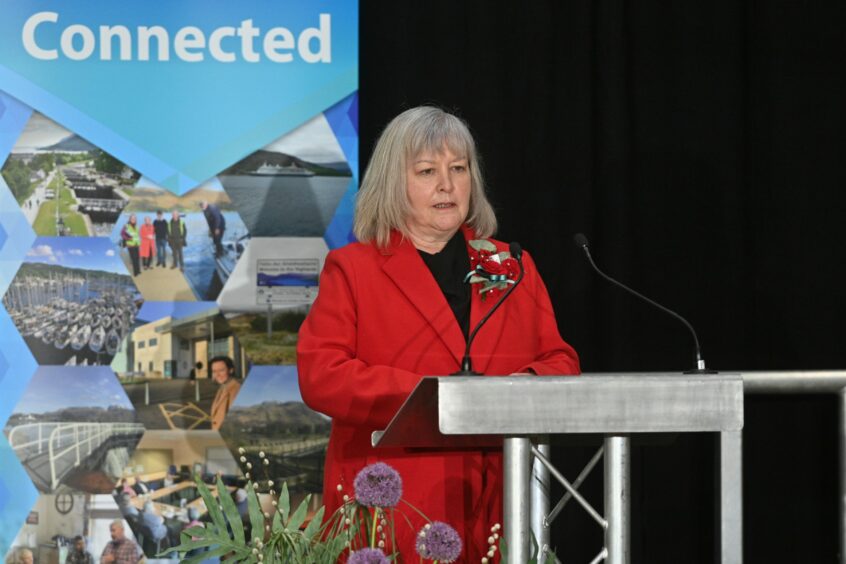
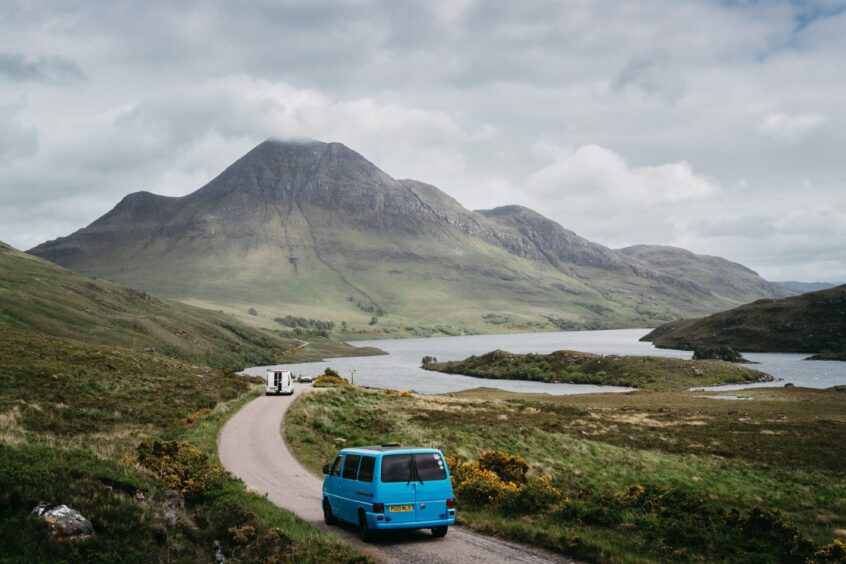
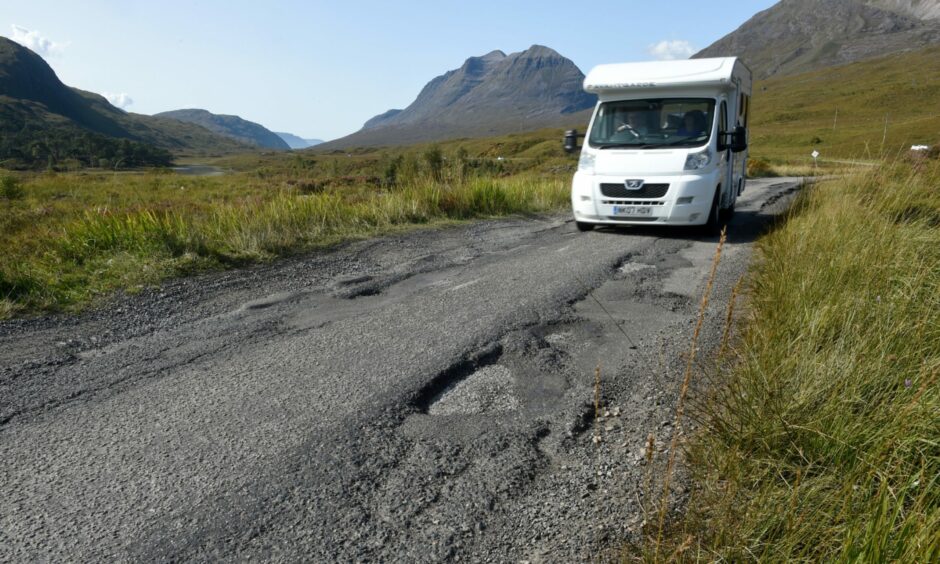

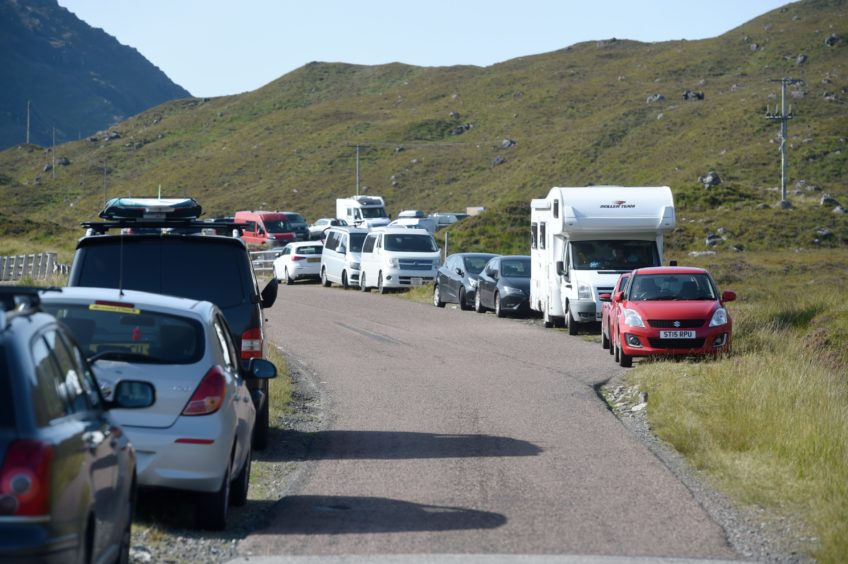
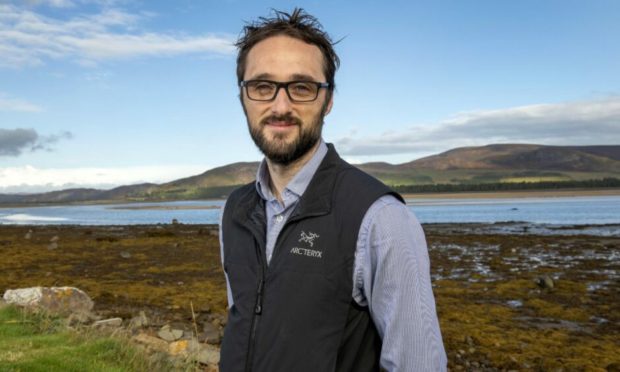

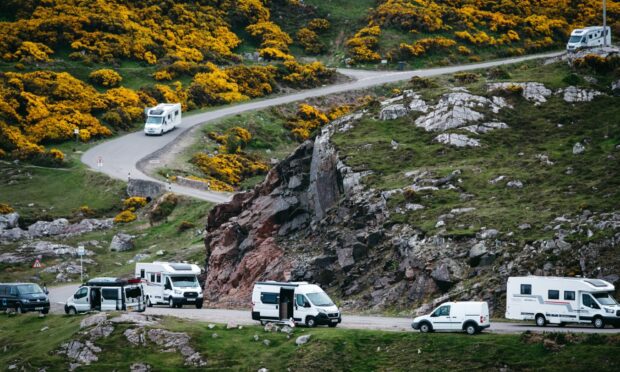
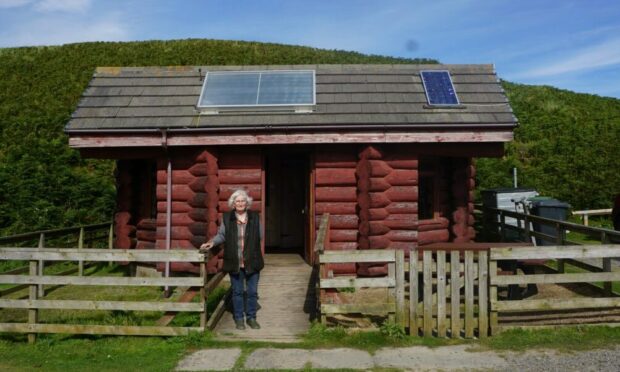
Conversation